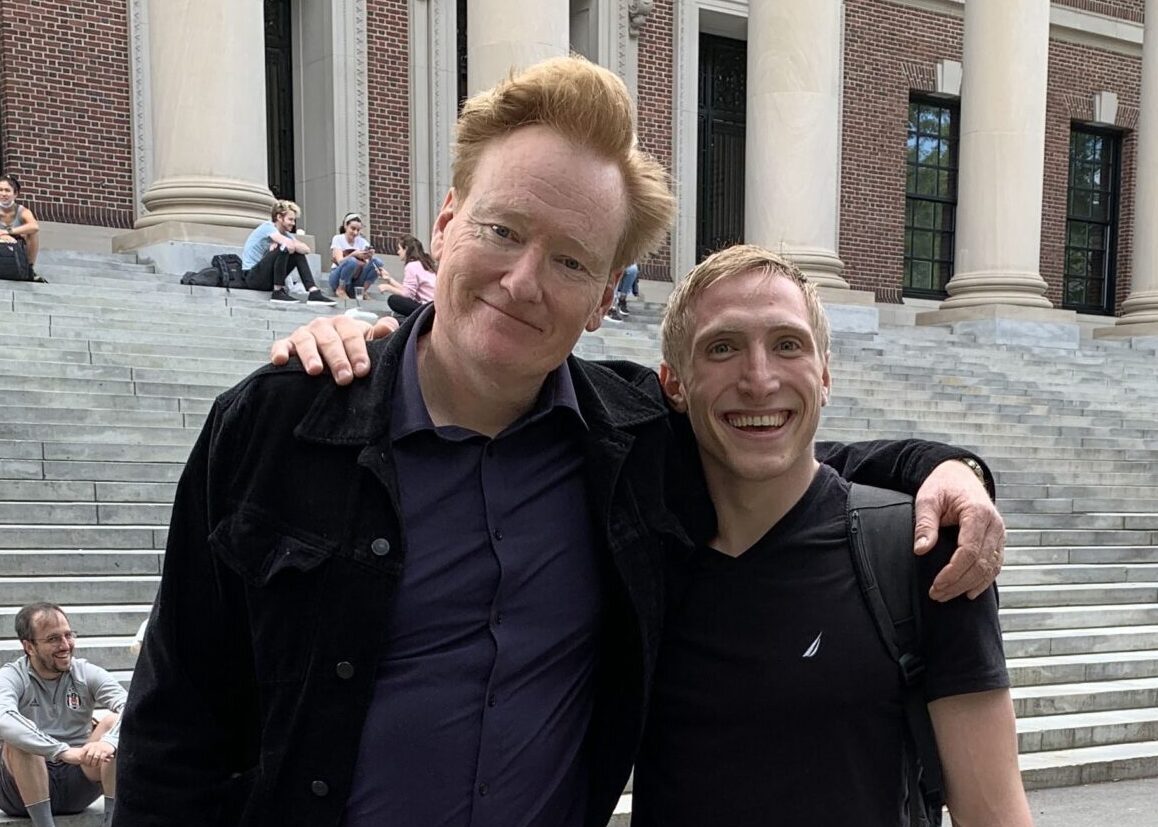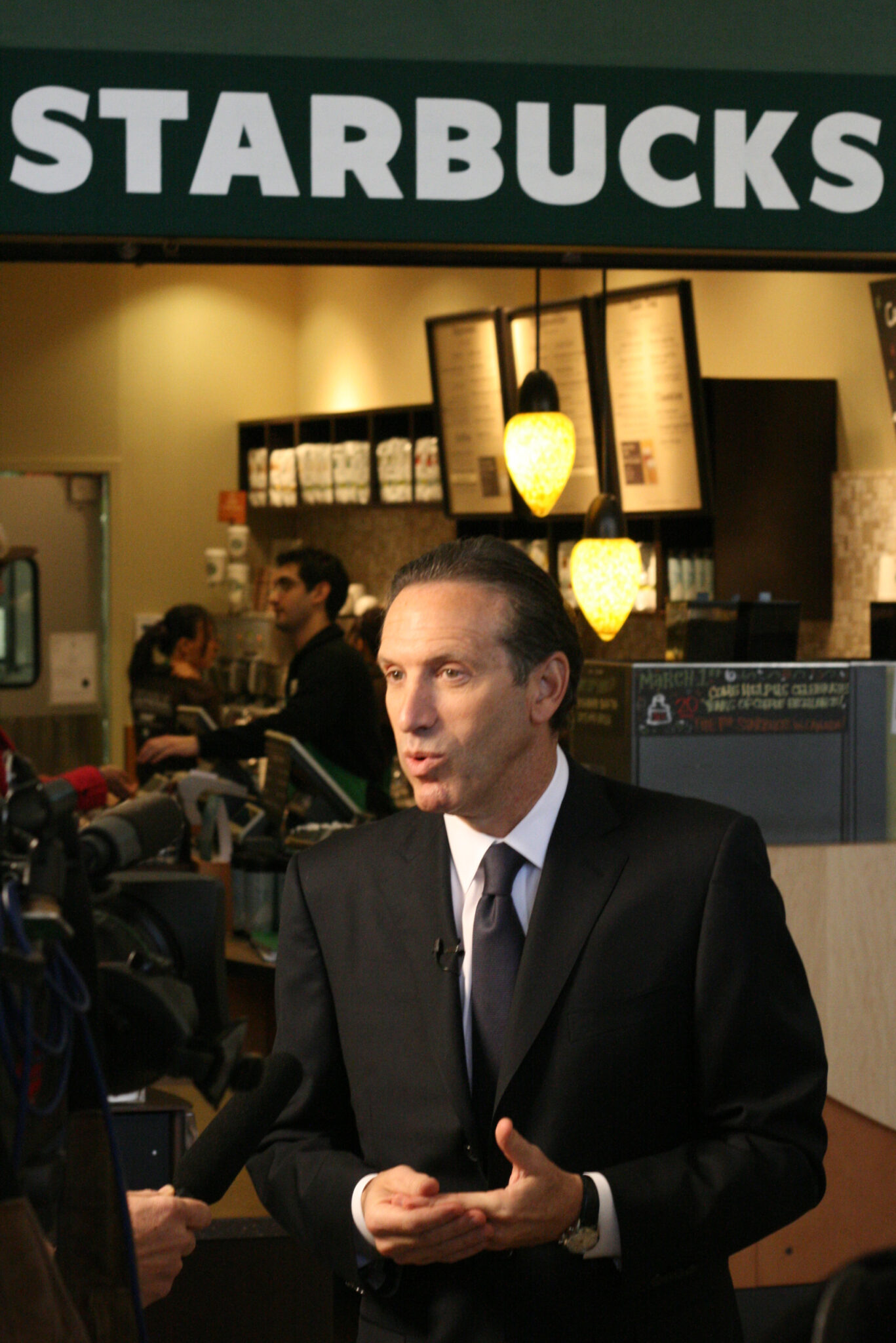
Greg Volynsky is a student at Harvard Law School.
In today’s News & Commentary, NLRB General Counsel aims to limit employers’ ability to hire temporary replacements during some lockouts, forty-four corporate Starbucks employees sign open letter urging neutrality towards unionization efforts, and Senator Sanders plans vote to subpoena Starbucks CEO.
NLRB General Counsel Abruzzo aims to curtail employers’ ability to hire temporary replacements during offensive lockouts, Bloomberg reports. In 1965, the Supreme Court in NLRB v. Brown recognized employers’ right to use temporary replacement workers following a strike against one member of a multiemployer association. In Harter Equipment (1986), the NLRB extended this right to lockouts without a strike or threatened strike (so-called offensive lockouts). The Harter Board made two key inferences: first, that the use of temporary employees during a lockout is reasonably related to achieving bargaining objectives, and therefore is a legitimate economic weapon. Second, that temporary replacements have a “comparatively slight” effect on employee rights. The current NLRB appears poised, when opportunity arises, to find otherwise.
On Wednesday, as reported by Michelle and explained by Ben, an NLRB Administrative Law Judge ruled against Starbucks. On Wednesday morning, Starbucks Workers United released an open letter signed by corporate employees and managers, expressing disappointment with the company’s in-person work mandates and anti-union efforts. The employees condemned Starbucks for “tampering with the federal right of store partners to have fair elections, free from fear, coercion, and intimidation,” and urged Starbucks to commit to being neutral towards unionization efforts. The short letter was signed by forty-four employees. A year ago, Bloomberg reported that the anti-union campaign had led to corporate employees losing faith in the company. The fact that employees signed the letter raises the possibility of corporate employees unionizing.
Senator Bernie Sanders announced—also on Wednesday—that the Senate Health, Education, Labor and Pensions (HELP) Committee will vote on March 8th on issuing a subpoena to Starbucks CEO Howard Schultz. Senator Sanders condemned the company’s violation of labor law, and claimed that Schultz has been evading oversight attempts for close to a year. On Thursday, in a letter to the top Democrat (Sen. Sanders) and Republican (Sen. Cassidy) on the HELP Committee, Starbucks responded that they are “shocked and deeply concerned” that the Committee rejected the company’s offer for the Executive VP to testify on the company’s behalf instead of Schultz. The letter argued that “Schultz is not the right witness for the hearing,” because he is an interim CEO, plans to step down this month, and delegated decision-making on union issues. Senator Sanders responded that he is also “shocked and deeply concerned” by the CEO’s continued defiance of oversight efforts.
Amid these developments, Starbucks tapped Shelly Ranus, formerly an assistant general counsel for brand protection, to serve as the acting chief ethics and compliance officer. Tyson Avery served in the role for three years before departing last month.






Daily News & Commentary
Start your day with our roundup of the latest labor developments. See all
March 1
The NLRB officially rescinds the Biden-era standard for determining joint-employer status; the DOL proposes a rule that would rescind the Biden-era standard for determining independent contractor status; and Walmart pays $100 million for deceiving delivery drivers regarding wages and tips.
February 27
The Ninth Circuit allows Trump to dismantle certain government unions based on national security concerns; and the DOL set to focus enforcement on firms with “outsized market power.”
February 26
Workplace AI regulations proposed in Michigan; en banc D.C. Circuit hears oral argument in CFPB case; white police officers sue Philadelphia over DEI policy.
February 25
OSHA workplace inspections significantly drop in 2025; the Court denies a petition for certiorari to review a Minnesota law banning mandatory anti-union meetings at work; and the Court declines two petitions to determine whether Air Force service members should receive backpay as a result of religious challenges to the now-revoked COVID-19 vaccine mandate.
February 24
In today’s news and commentary, the NLRB uses the Obama-era Browning-Ferris standard, a fired National Park ranger sues the Department of Interior and the National Park Service, the NLRB closes out Amazon’s labor dispute on Staten Island, and OIRA signals changes to the Biden-era independent contractor rule. The NLRB ruled that Browning-Ferris Industries jointly employed […]
February 23
In today’s news and commentary, the Trump administration proposes a rule limiting employment authorization for asylum seekers and Matt Bruenig introduces a new LLM tool analyzing employer rules under Stericycle. Law360 reports that the Trump administration proposed a rule on Friday that would change the employment authorization process for asylum seekers. Under the proposed rule, […]